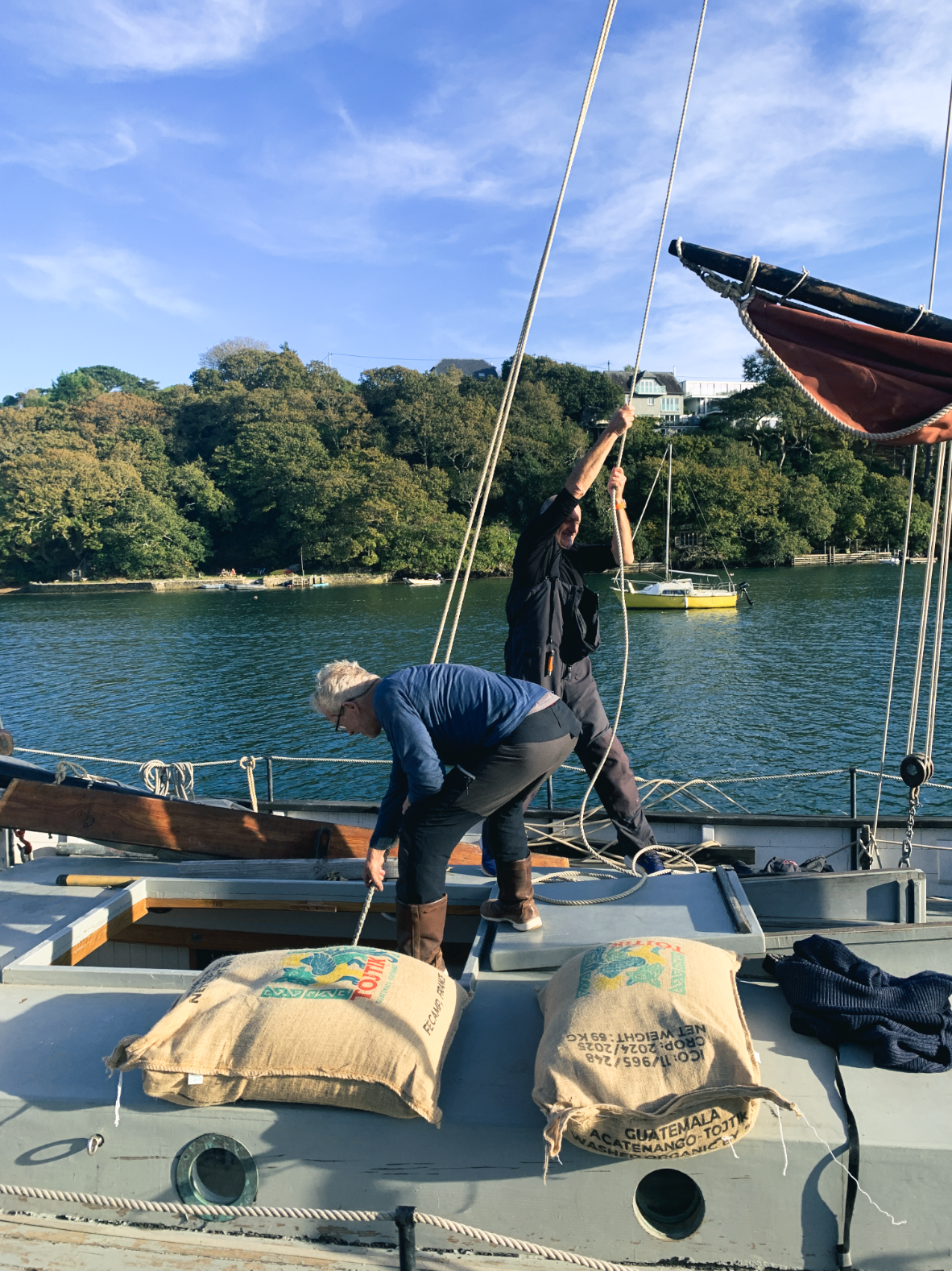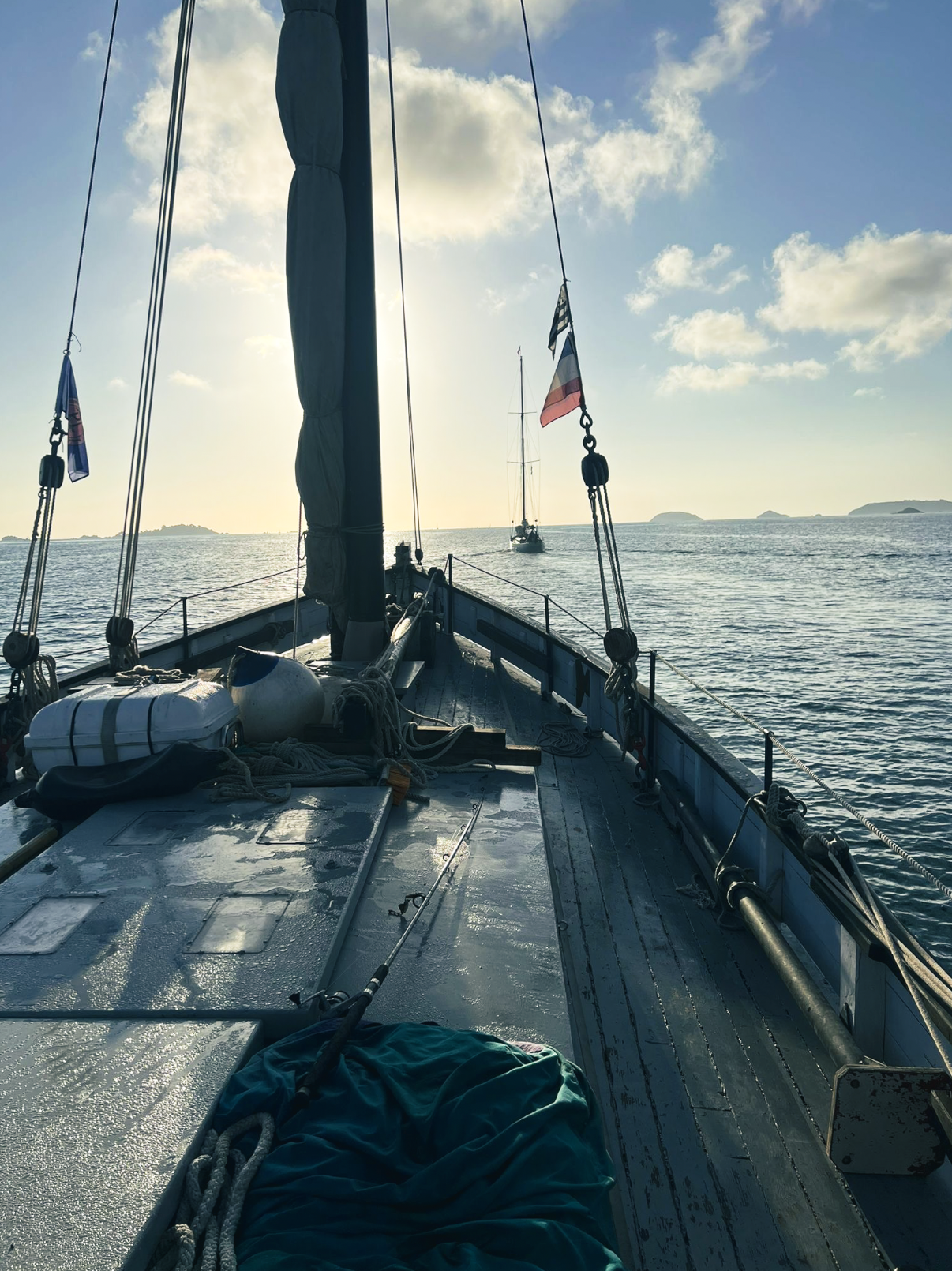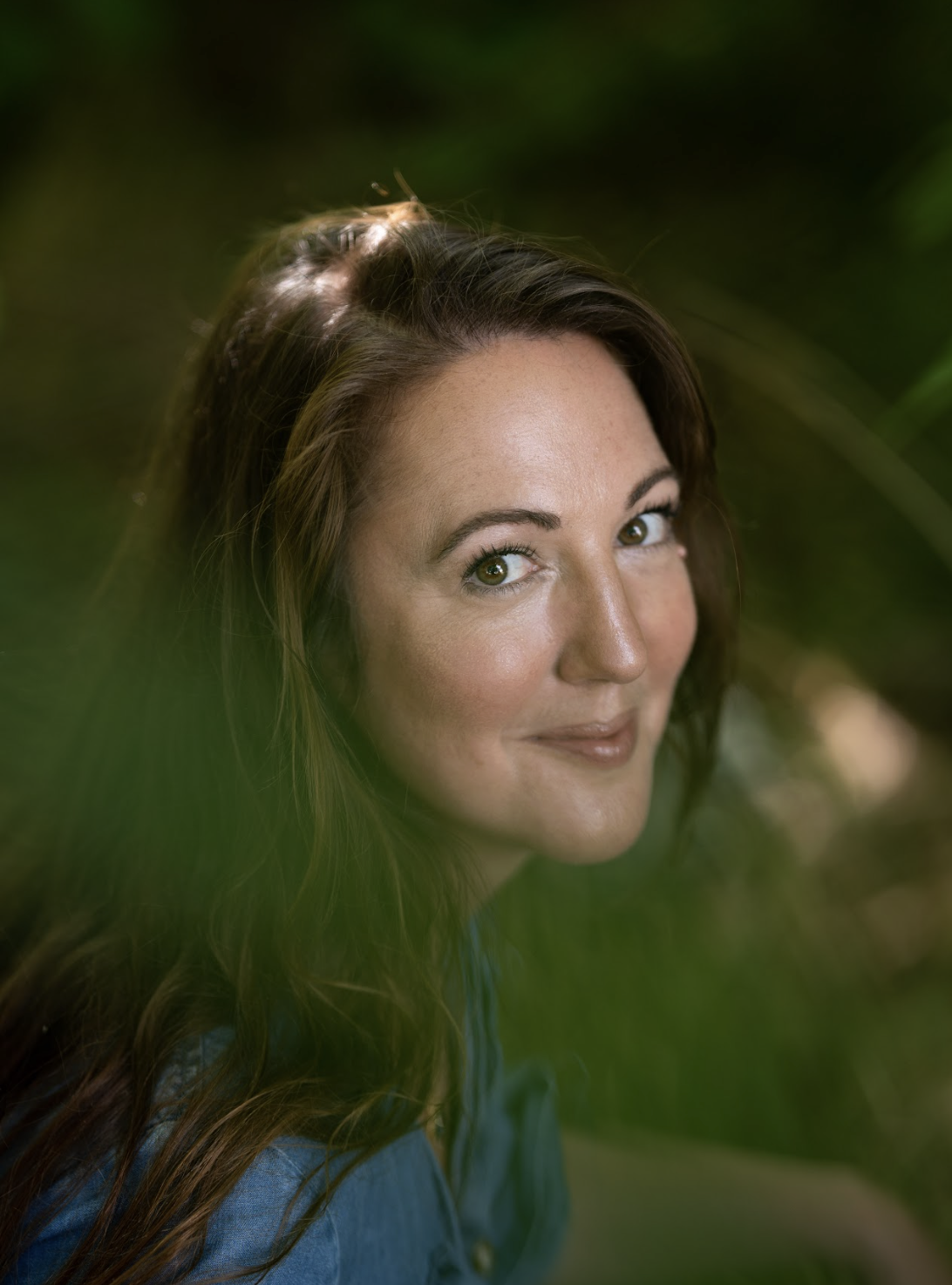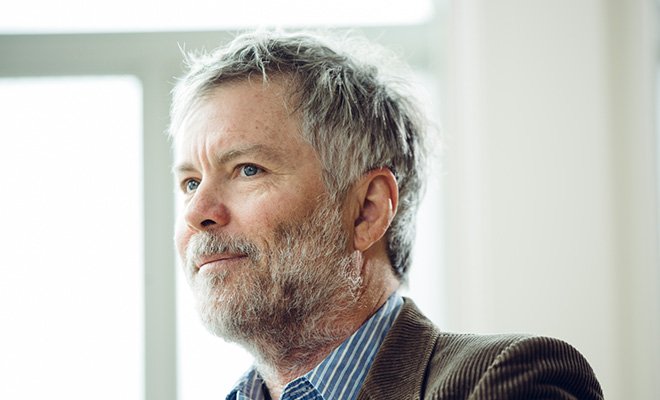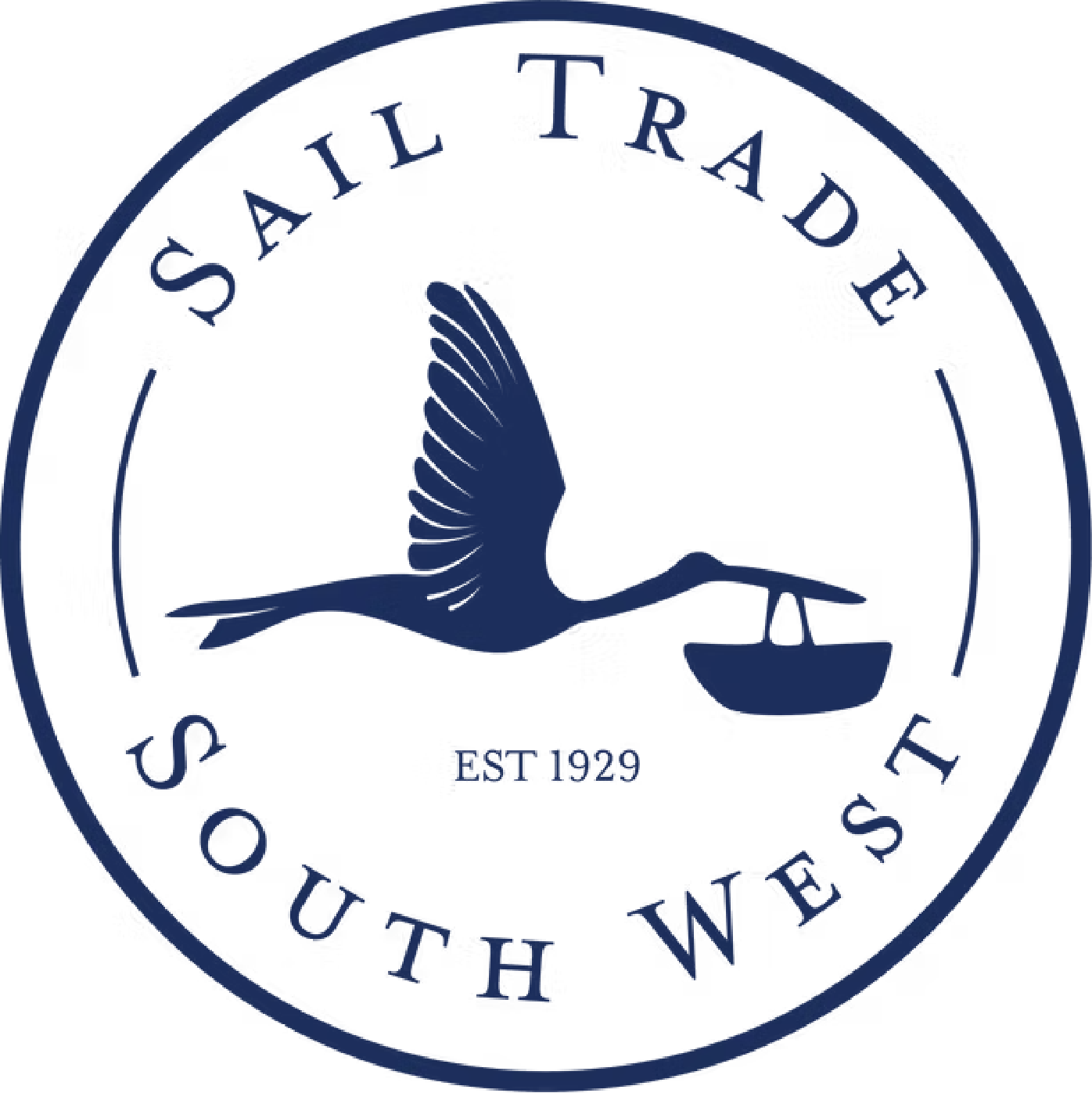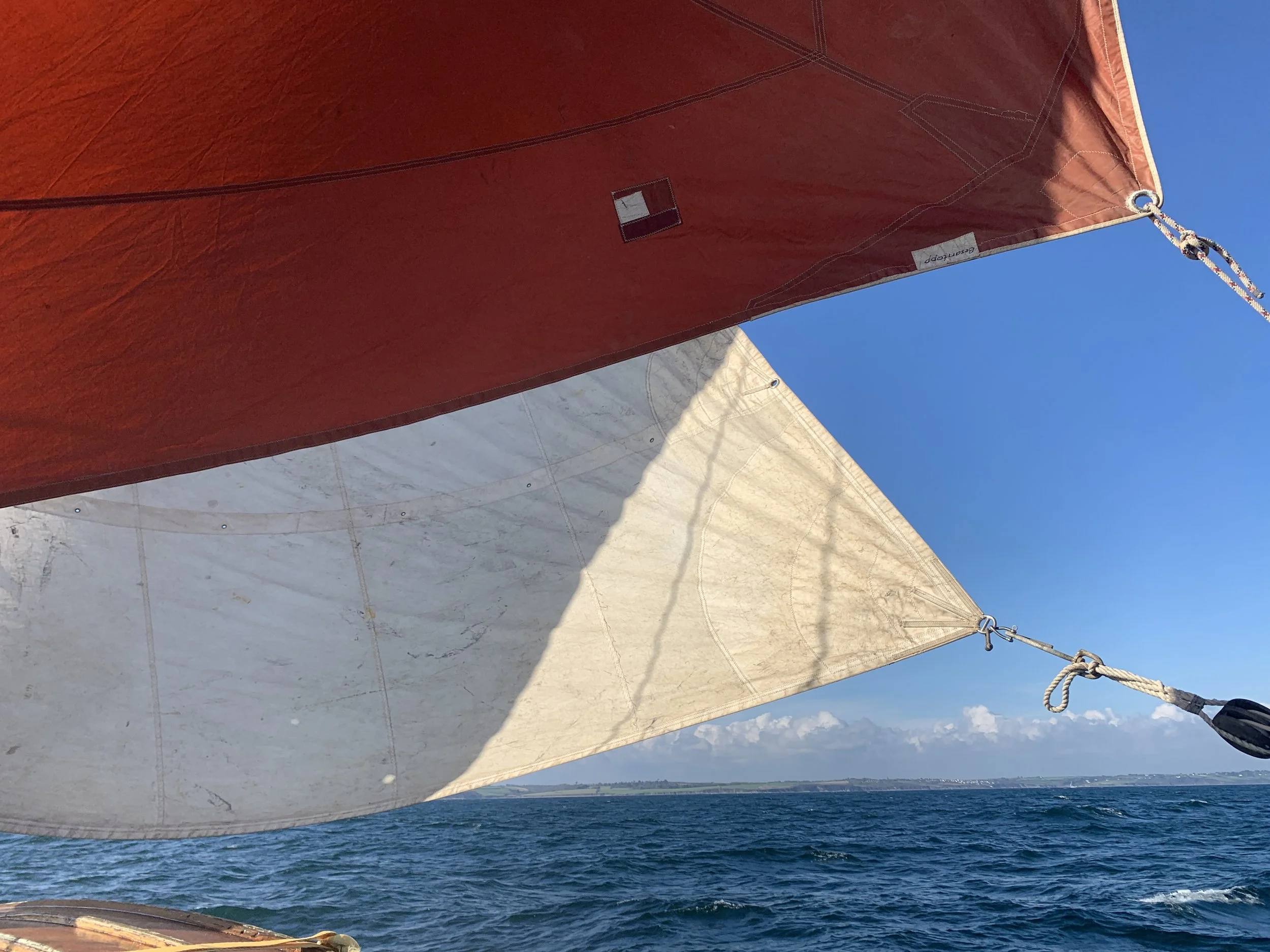
Livelihoods at Sea:
A Short Course in Trading by Sail
Reimagining Maritime Economies for Regenerative Futures
15th – 19th April 2026
Totnes, South Devon, UK
A five-day, hands-on immersion into the emerging world of regenerative maritime livelihoods, trading by sail, and bioregional sea-based economies.
Our waterways have long been the world’s ancient commons of exchange, culture, and sustenance for humans and the more-than-human. This course will reconnect you with the skills, knowledge, and imagination needed to explore trade by sail in the 21st century.
How do we transform our bioregional economies, especially those with access to the sea? More regenerative enterprises and livelihoods might be a good place to start. And not just on the land and with the soil, but also wind, current and tides. Regenerative maritime livelihoods are possible, too, so let’s start them up.
This hands-on short course, in collaboration with Sail Trade South West and the crew of the Ibis, offers a shift in perspective - and invites you to explore what it means to think, feel, and work with the sea.
Over five days we will learn with head, heart, and hands: through dialogue, storytelling, and experiential practice. We’ll get hands-on with some of the practical realities of trade, scampering on board the Ibis, hauling cargo to market, working with charts and knots. We’ll learn the history of maritime trade in this region, and elsewhere. We'll question our land-biased assumptions about trade, transport, and commerce, exploring how waterways have always been highways for exchange - and how they might be again. We’ll dive into the economics and business model implications, too.
Course Structure
15th – 19th April 2026
Location: Totnes (exact locations tbc)
This course takes place over five days in collaboration with Sail Trade South West. Participation is active and experiential, involving hands-on maritime practice, collaborative inquiry, and embodied learning. No sailing experience required.
What we'll explore:
Drawing on the lived experience of contemporary sail traders, we'll examine the practical realities and possibilities of wind-powered commerce. How do weather patterns shape routes and rhythms of trade? What skills and knowledge does working with wind and current demand? How might sailing transform not just how we move goods, but how we think about time, value, and relationship with place?
We'll look at regenerative economics through a maritime lens - moving beyond extraction toward practices that work in concert with natural systems. This means understanding coastal and oceanic ecosystems, seasonal patterns, and the more-than-human communities that inhabit them. It means reimagining supply chains as living relationships rather than linear transactions.
Through conversations with sail traders, hands-on engagement with sailing craft and cargo, and collaborative inquiry, we'll begin to map what regenerative maritime futures might look like in practice. What goods travel well by sail? What markets and networks need to exist? What skills need reviving or inventing? How do sailing livelihoods fit within wider movements toward bioregional resilience?
* No sailing experience necessary, but come ready to get your hands dirty (or salty) and think differently.
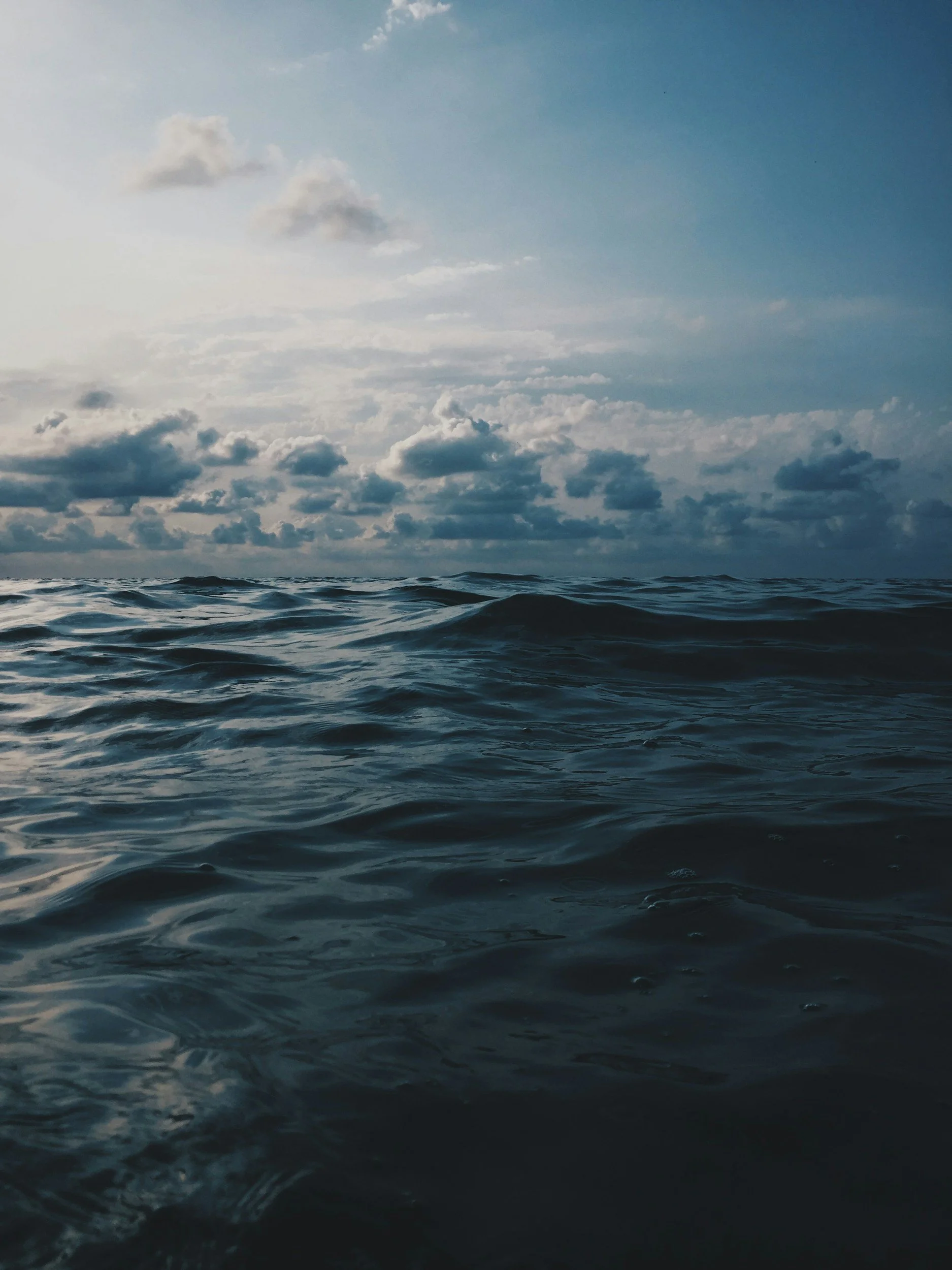
Why Join This Course?
This course responds to the need for place-based, regenerative economic livelihoods that work in relationship with sea and season. It offers skills, perspectives, and community support for those exploring maritime futures rooted in care, reciprocity, and ecological attunement.
This course is for:
Those who dream of livelihood on the sea, and those who are already practicing one
Regenerative entrepreneurs and practitioners who see the opportunities building regenerative trading networks
Community organisers and initiative builders aiming to regenerative local economies
Policymakers in business, NGOs and local governments who want to innovate in the maritime space
Educators and culture creators who inspire people to long for the sea and for change
Anyone curious about building regenerative futures that include the sea
Participants will gain:
Hands-on practice with sail trade enterprise dynamics and business modeling.
Expanded perspectives on what regenerative enterprises can be
Knowledge of bioregionalism and regenerative economics
Familiarity with charts and knots
Connections with others working in maritime regenerative enterprise
A new perspective on what is possible
Inspiration and a new sense of purpose
Practical details:
Meals and accommodation are not included. We will recommend accommodation soon.
Cost:
£500 early bird - until January 31
£650 - [8 places]
£250 - young people under 35, sea-based livelihoods and practitioners
£80 Bursaries based on statement of purpose
Facilitators
Anna Selby
Anna is a writer, researcher, and naturalist. Her most recent chapbook, Field Notes, written in and under the Atlantic Ocean over three years (using waterproof notebooks) was a bestseller for two years running…Read more…
Jay Tompt
Jay is a co-founder of several place-based regenerative economics initiatives. He led the MA Regenerative Economics program at Schumacher College and is also an associate lecturer in economics at Plymouth University. Read More…
Barbara Bridgman
Barbara is originally from Monte Argentario, part of the Tuscan Archipelago in Italy. She grew up by the waters of the Tyrrhenian Sea, in a village proud of its boatbuilding traditions and deep-rooted seamanship. From an early age, she learned to respect and enjoy the sea — a lifelong source of inspiration and connection with nature. Read more…
Dom Bridgman
Dom brings a lifetime of sailing experience and a deep respect for maritime heritage to every project he undertakes. From an early age, he learned to sail his father’s Wayfarer dinghy and quickly showed a natural talent at the helm, competing in local and regional races… Read more…
In collaboration with Sail Trade South West
Sail Trade South West are passionate about preserving the heritage of traditional sailing in England's Southwest region and promoting a sustainable food culture. They believe that every small action counts and can make a big impact. The community is dedicated to encouraging sustainable practices and celebrating the culture of food in a sustainable manner.

